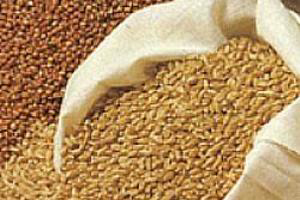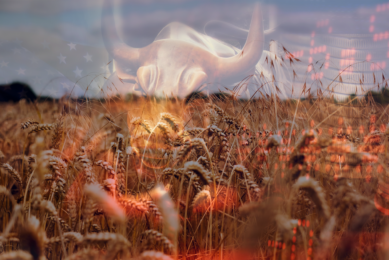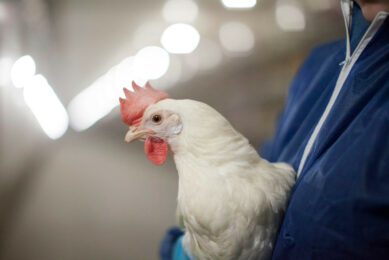Saudi Arabia to import over 2 mln tonnes of feed

To keep up with the Kingdom’s ever growing poultry and dairy industries, Saudi Arabia is set to import more than 2.4 million tonnes of livestock feed by 2016. General Manager of the Agricultural Technology Company in Saudi Arabia, John Lawton stated that when it comes to output and efficiency, Saudi’s dairy industry is among the world’s best, making it a major exporter of dairy derivative products to neighbouring Gulf and Middle East countries.
“This export has led the Saudi government to insist that for every litre of milk exported from the Kingdom, an equivalent amount of one kilogramme of livestock forage is imported,” said Lawton, a speaker at the Agribusiness Outlook Forum, a feature of AGRA Middle East which takes place on March 26-28 at the Dubai International Convention and Exhibition Centre. “Already this has significantly increased the importation of alfalfa and other baled forages into Saudi, which has in turn released arable land for the production of other crops.”
Lawton will be speaking at Agribusiness Outlook Forum about GCC food security from an agricultural perspective. He said that the poultry industry in Saudi is also expanding, with Almarai again leading the charge, as poultry consumption in the Kingdom is expected to increase by 14% by 2016, reaching 1.6 million tonnes.
He added, “In just over 30 years, Saudi Arabia has developed an agricultural base which can produce very significant percentages of the whole population’s crops, and in some cases, 100% such as dairy, eggs, potato and other specialised crops.” “The whole of agriculture in the country, and in other parts of the MENA region is a classic example of how the undeveloped desert areas can be developed with modern technology and efficient irrigation systems.”
While Saudi’s dairy and poultry industries continue to expand, its grain industry will soon be completely phased out. Since 2007, wheat production has fallen by 12% annually, and will be eliminated by 2016. BMI predicts that 2.3 million tonnes of wheat will be imported into Saudi in 2013, up 80% from the level seen in 2008.
“In many ways, because water-intensive crops, including wheat and cereal grains are not encouraged in the long term, the focus has been shifted toward animal production,” continued Lawton. “This is why the dairy and poultry sectors in the Kingdom are booming.”











